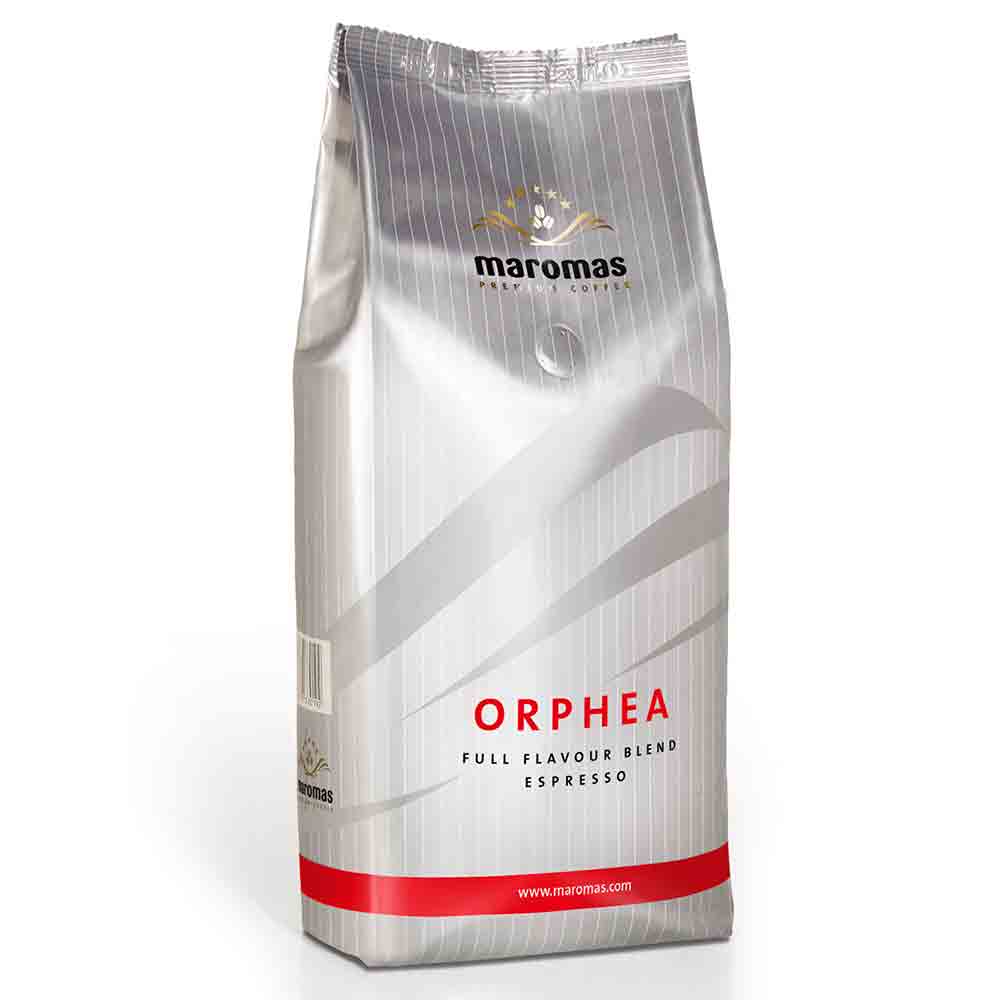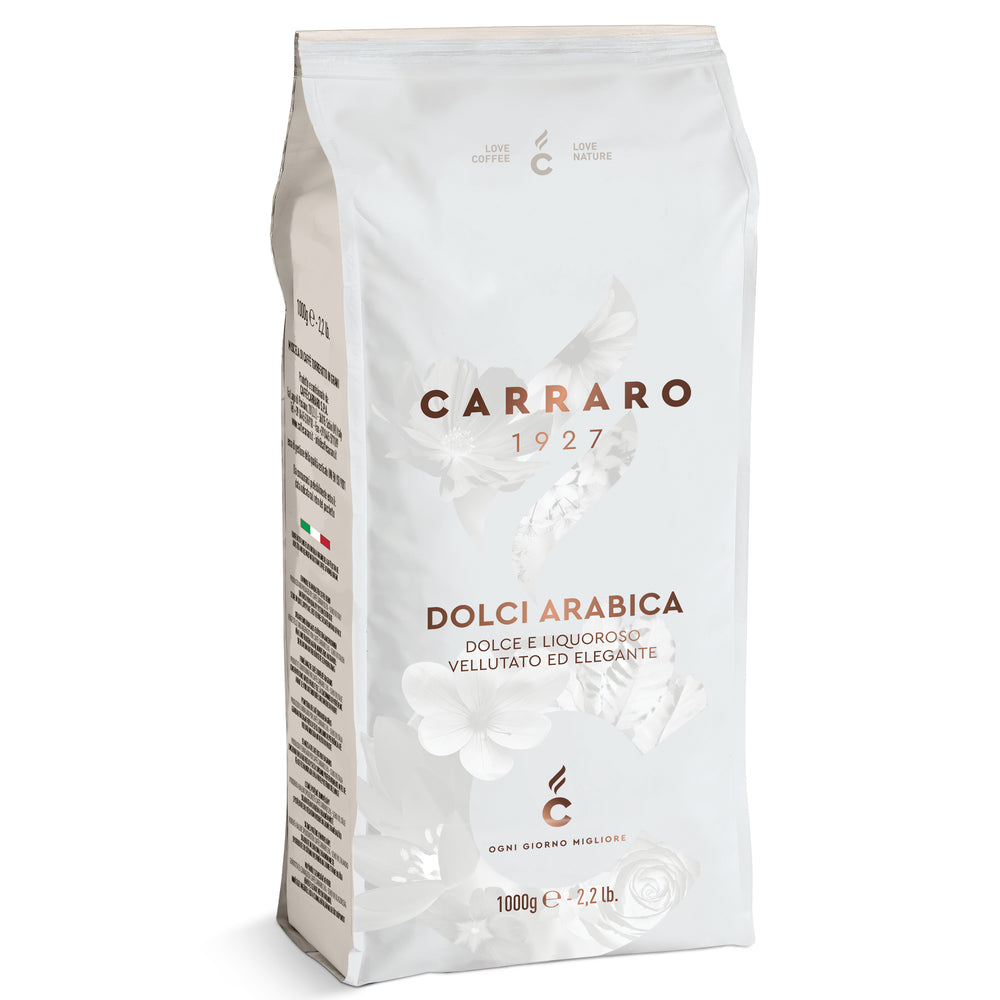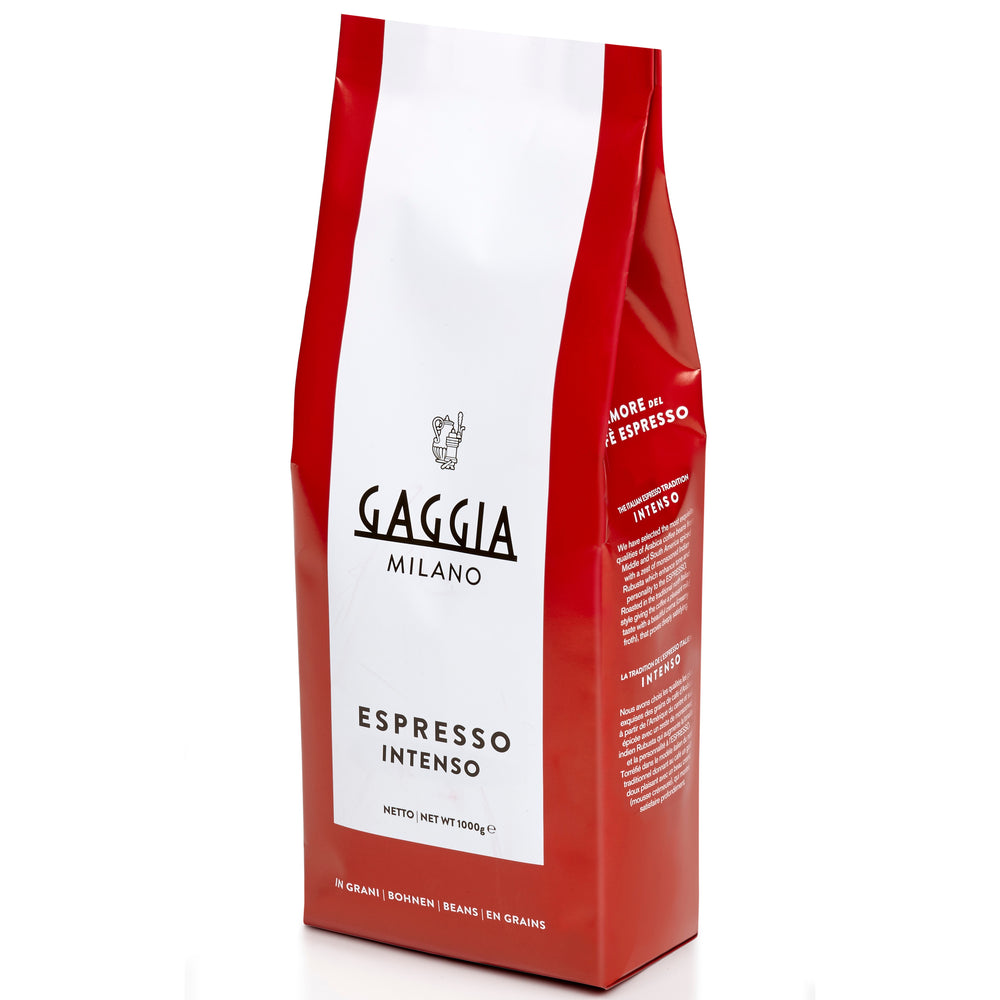Best Coffee Beans for Super-Automatic Espresso Machines
The search is over. You’ve found the perfect machine to match your love affair with coffee: a super-automatic that grinds, brews, and even makes a mean cappuccino at the push of a button. (And, no, it won’t give you side-eye for using soy milk.) Now, the thing is, you had something going on before with some oilier coffee that made frenemies with your machine, and you’re not quite sure how to call it quits. Were you really on cloud nine, or was it just your head that was in the clouds?

Best Non-Dairy Milk for Coffee
If you feel like you don’t know beans about oily coffee, it’s no biggie. Our experts have been around the block more than a few times, and we know how to save your machine (and your wallet) from oily and expensive franchise coffees. We’ve taken a look at some of the most popular varieties and roasts out there and come up with our own expert guide to help you make a smooth transition into super-automatic brewing. We’ve even provided several options for bold dark roasts that should marry well with any grinder.

The Complete Guide to Coffee Grinders
What does it all mean? For starters, check out our infographic below and more details on all things oily beans, our top choices for beans that pair well with super-automatics and answering a frequently asked question, are oily beans good or bad? Think of it as a roadmap to a new era of coffee bliss.

Best Automatic Espresso Machines of 2022
What are Oily Beans?
Oily beans are a completely natural result of roasting coffee until the natural sugars and oils coat the outside of the beans. Oily beans are almost always dark roasted beans that are near or slightly past the second crack during roasting. The caramelized sugars and oils create oily and shiny beans that give a smoky, chocolatey, caramel and/or bitter notes depending on the origin and quality of the beans.

Light Roast, Medium Roast, and Dark Roast Coffee Comparison
Because the coffee has a natural sweetness coated on the beans, many coffee and espresso lovers find that they love the balance between an intense espresso paired with a caramelized flavor note. However, it’s important to make sure you’re taking proper measures to ensure you’re using a great quality bean that isn’t super oily if you’re using a super-automatic machine.

The Complete Guide to Coffee and Espresso
But not all hope is lost—if you own a super-automatic machine and you’re a lover of dark roast coffee, here’s our safe picks for high-quality beans that won’t clog your machine.
The Best Coffee Beans for Super-Automatic Espresso Machines
Some of our favorite picks for super-automatic espresso machines include Whole Latte Love Crema Wave, Gaggia 100% Arabica, Maromas Orphea, Carraro Dolci Arabica, and Lavazza Super Crema.

$21.29

$28.00

$23.99
Oily Coffee Beans: Good or Bad?

Short answer: It depends.
Oily coffee beans are not necessarily bad—they actually have a ton of benefits in terms of adding a unique flavor to your coffee and using oily coffee beans in your prosumer or semi-automatic generally won’t cause you any significant damages, but they can be difficult to work with depending on the machine you’re using.
Oily beans are generally safe even for use with super-automatics so long as they are good quality beans and they aren’t very dark or oily. If you use super oily beans in a super-automatic, you’re heading into bad territory.
So as a safe bet, we suggest double checking which beans will work with your machine so you’re not stuck with a clogged super-automatic and a laundry list of cleaning and maintenance issues.

 USA
USA


